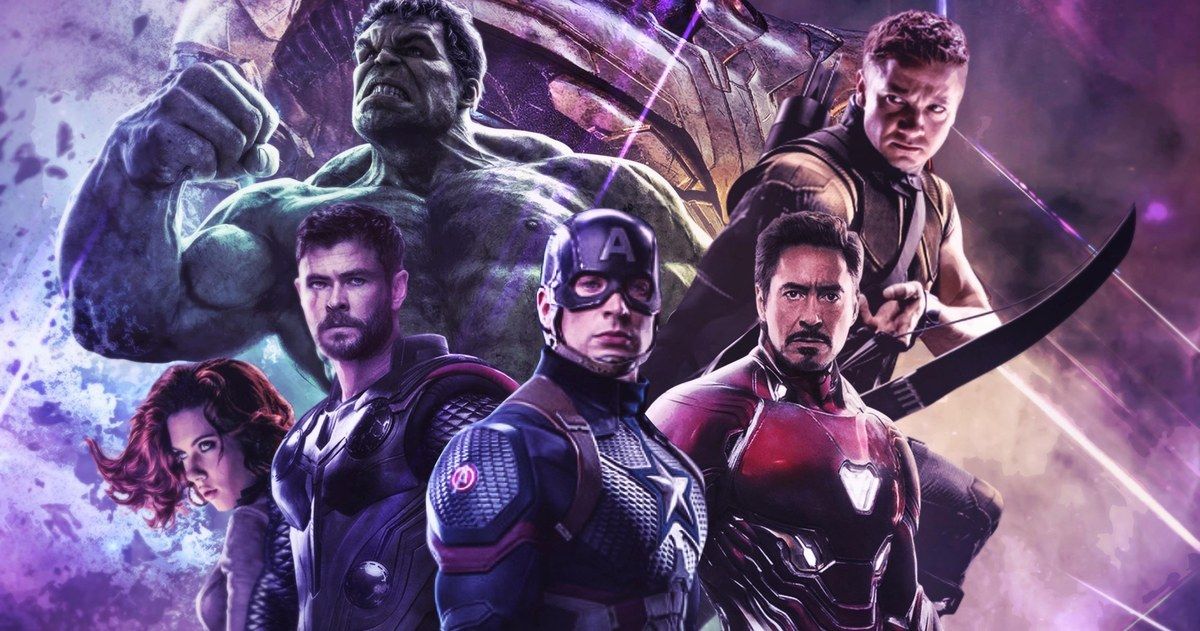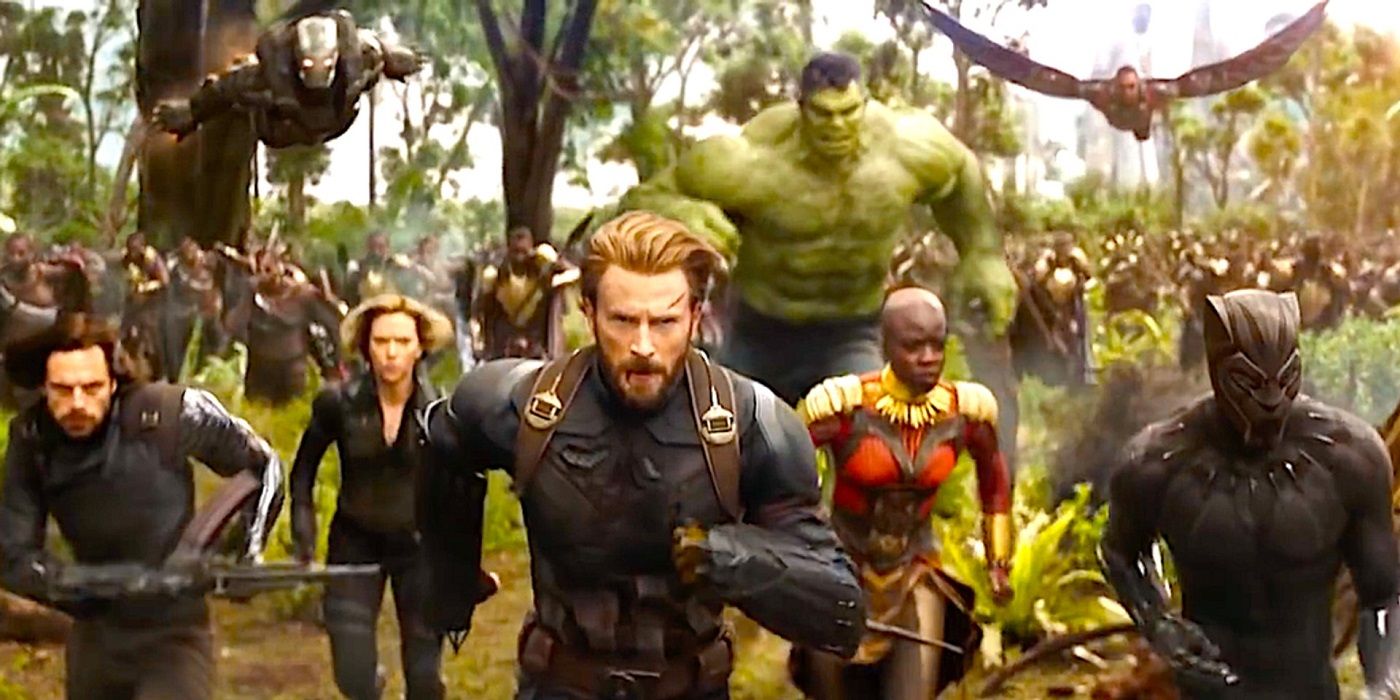Summary
- Lawsuit settlement reached after duo were misled by Ana de Armas’ appearance in a trailer for the movie
Yesterday
. - The trailer deception case marks a potential shift in accountability of movie marketing.
- Studios may rethink misleading trailers to avoid future legal woes post-settlement.
The two men who sued Universal Pictures for “misleading” them into believing Ana de Armas appeared in the movie Yesterday have settled their case with the studio. Peter Rosza and Conor Woulfe filed their lawsuit in 2022 after claiming de Armas’ appearance in the trailer was false advertising, and had encouraged them to rent the movie under false pretenses. Although the suit appeared to be destined to fail when it was first reported on, it seems there was enough of a case to be answered that both parties filed a joint settlement in court today.
The crux of the lawsuit made the case that, as an advertisement of the film, the content of that trailer should accurately reflect the end product. The argument of Rosza and Woulfe centered on the fact they only rented the movie in the belief that de Armas, whose scenes were cut from the final film but were included in the trailer, was in the story in some capacity. Although Universal countered that movie trailers should be exempt from the same kind of restrictions put on commercials and advertisements under the First Amendment, the judge in the case did not agree. In the ruling, U.S. District Judge Steven Wilson wrote:
“Universal is correct that trailers involve some creativity and editorial discretion, but this creativity does not outweigh the commercial nature of a trailer. At its core, a trailer is an advertisement designed to sell a movie by providing consumers with a preview of the movie.”

Yesterday
- Release Date
- June 27, 2019
- Cast
- Himesh Patel , Lily James , Sophia Di Martino , Ellise Chappell , Meera Syal , Harry Michell
- Runtime
- 112
- Tagline
- Everyone in the world has forgotten The Beatles. Everyone except for Jack…
Although the pair were successful in one part of their claim, a further argument that everyone who had paid money to watch the movie should be considered as victims of the deception did not convince the judge to completely side with the plaintiffs. This resulted in them being required to pay part of Universal’s legal costs. The full settlement details have not been disclosed at this time.
Are Misleading Trailers Really a Problem That Warrants Court Action?
The result of this lawsuit does potentially open the door for other disgruntled cinemagoers to try their luck when it comes to airing their disappointment at movies based on the promises of their trailers. Over the years, there have been many social media posts by fans taking umbrage at differences between what they expect after seeing marketing material and the final movie.
This has included complaints about the lack of Jared Leto’s Joker in 2016’s Suicide Squad, the removal of Spider-Man references from Morbius, and even the fact that The Batman did not feature the usual gadgets, gizmos and “superhero” vibes of previous Batman movies. However, “misleading” trailers are not always accidental, and that means there is a huge grey area following today’s ruling.
Marvel Studios became known for misleading fans in order to prevent them working out everything about MCU movies before their release. This reached a peak with the trailer for Avengers: Infinity War, which infamously included a final shot of Marvel’s mightiest heroes all charging towards the camera. Of course, this shot never appeared in the final movie, as the ending saw many popular characters being “dusted” when Thanos snapped his fingers. Additionally, the trailer featured Mark Ruffalo’s Hulk, who did not appear in the latter part of the movie at all. Despite the changes, there were no lawsuits leveled at Marvel Studios, and several future movies contained similar red herrings.

Avengers: Endgame Trailer Is Intentionally Misleading, Contains Footage Not in Movie
The latest Avengers: Endgame trailer may have told us even less than we thought based on new information from the Russo brothers.
Today’s ruling could put an end to such trickery being utilized in trailers going forward, no matter how well-intentioned the misdirection is. With Yesterday, it seems that the inclusion of de Armas in the trailer but not the movie was a step too far, and, unlike Marvel’s clever fakery for the good of audiences, this particular misdirection is something that should be avoided by studios in the future.
Yesterday
– without Ana de Armas – can currently be streamed on Netflix and Apple TV+.










